Have you ever wondered what it takes to keep your trailer compliant with safety regulations and avoid the hefty fines that come with violations? Maintaining trailer safety not only ensures you’re following the law but also guarantees the safety of your travels. In this article, we’ll help you understand key trailer safety regulations, common pitfalls, and effective inspection practices. So, let's dive in!
Understanding Trailer Safety Regulations
Trailer safety regulations exist to ensure that all vehicles on the road are safe and reliable. These regulations cover various aspects of trailer maintenance, including lighting, braking systems, and overall trailer condition. The rules can vary based on your region, but they fundamentally require trailers to meet specific operational standards to be deemed road-worthy.
For example, one of the primary regulations involves ensuring that trailers over a certain weight have functional brakes and lights. This compliance is critical to avoid accidents on the road and fines imposed by local authorities or the Ministry of Transportation (MTO).

Common Trailer Safety Violations to Avoid
Brakes and Lights
The functionality of brakes and lights is crucial for safe trailer operation. Defective brakes can lead to dangerous situations, making it essential to periodically check both components. Properly functioning brakes must be present on all trailers, especially for heavier loads. Moreover, the lights should illuminate correctly; any malfunction could result in citation from road safety authorities.
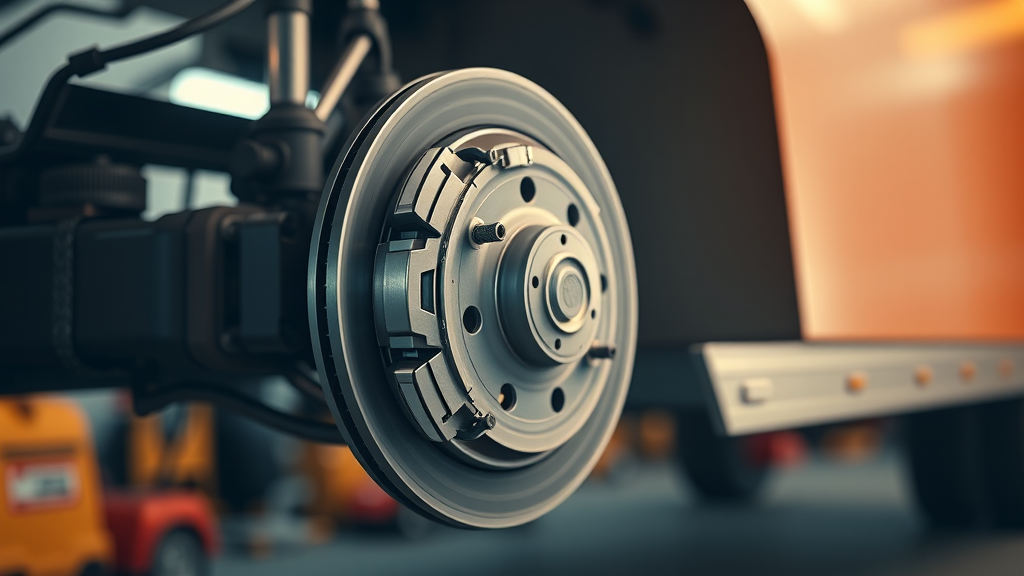
Tires and Weight Limits
Ensuring that tires are in good condition and adhering to weight limits can greatly reduce the likelihood of receiving penalties. Tires must not show signs of excessive wear or damage. Additionally, it is vital to confirm that the total weight of the trailer does not exceed the manufacturer's specified limits. Overloading can lead to significant fines.
Safety Equipment Requirements
Having the necessary safety equipment can be the difference between compliance and a fine. Equipment such as a breakaway cable, safety chains, and reflective triangles should always be present. Failure to have these items can attract hefty fines during inspections.
The Importance of Regular Trailer Inspections
Regular inspections are paramount in ensuring that a trailer remains compliant with safety regulations. These checks can help spot mechanical issues before they develop into significant problems. Frank Wiebe of 3D Auto Aylmer Ontario emphasizes, "We check all the lights, check all the brakes, tires… make sure that it's in good shape for safety-wise." This proactive measure can save you money in the long run by avoiding fines or accidents.
What to Expect During a Trailer Safety Check
During a safety check, mechanics will typically inspect the trailer’s brakes, lights, tires, and safety equipment. This can range from a quick visual inspection to a detailed examination which could involve disassembling components to test functionality. Being prepared for such checks is beneficial.
Expert Insights on Trailer Maintenance
From the expert's point of view, maintaining a trailer is not just about compliance; it’s about safety. Regular maintenance checks can reveal hidden issues before they become serious, avoiding costly fines and accidents on the road.
"We check all the lights, check all the brakes, tires... make sure that it's in good shape for safety-wise." - Frank Wiebe, of 3D Auto Aylmer Ontario
How to Prepare for a Trailer Safety Inspection
Checklist for Trailer Owners
Check all lights for functionality
Inspect brakes and ensure they’re in good condition
Verify tire condition and proper inflation
Ensure all safety equipment is present and functional
Confirm the trailer is within weight limits
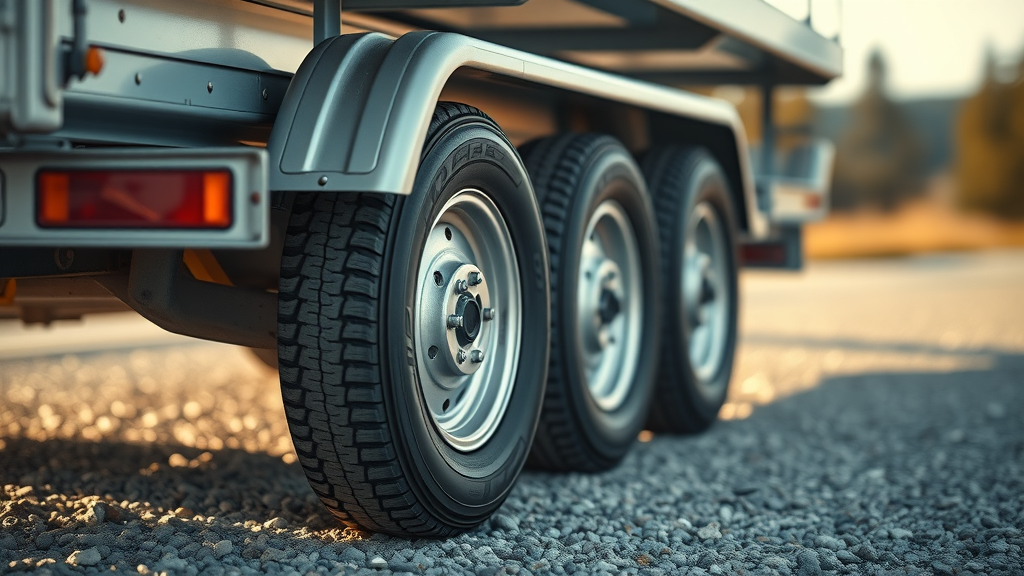
Common Mistakes to Avoid
Avoiding common mistakes can significantly decrease your chances of receiving fines. One mistake is failing to document maintenance checks. It's essential to record your inspections as proof of compliance. Another common issue is neglecting minor repairs, which can escalate to major violations if left unaddressed.
Consequences of Ignoring Trailer Safety
Fines and Penalties
Fines for trailer safety violations can be severe. Depending on the infraction, penalties can range from minor fines for small issues to substantial penalties for major violations, like failing to maintain safety equipment. For example, not having a functional breakaway cable can lead to heavy fines.

Impact on Insurance and Liability
Ignoring trailer safety can also have repercussions beyond immediate fines. It can lead to increased insurance premiums and complicate liabilities in the event of an accident. Insurers may also deny claims if it’s found that your trailer was not properly maintained.
Key Takeaways for Trailer Owners
To avoid trailer fines:
Conduct regular inspections
Stay informed about safety regulations
Address any mechanical issues immediately
Maintain proper documentation of all inspections
Ensure compliance with weight restrictions
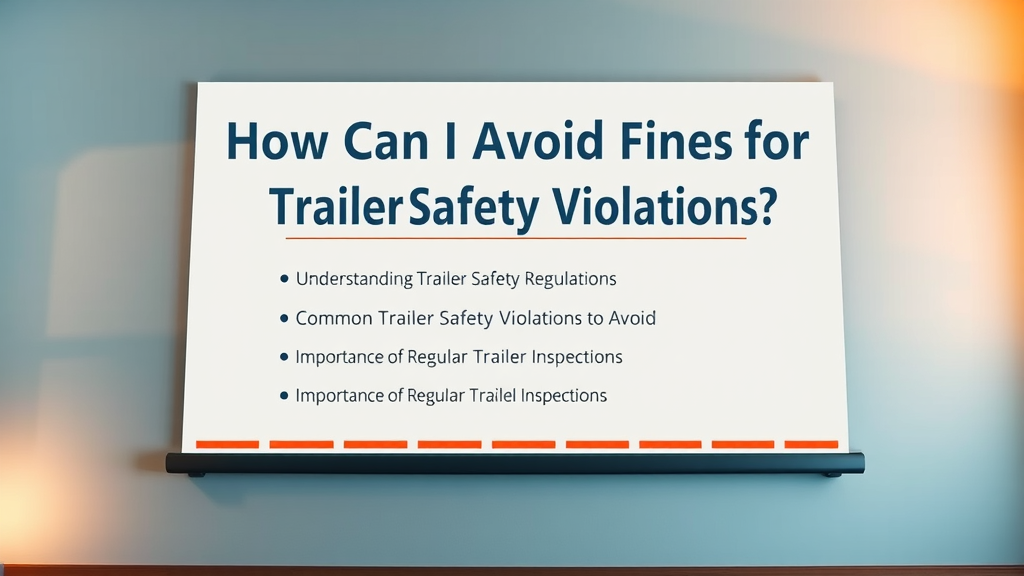
Conclusion: Ensuring Safety and Compliance
Following trailer safety regulations is not only mandatory but also essential for your safety and the safety of others on the road. Regular maintenance, thorough inspections, and being informed about potential risks can help you avoid unnecessary fines.
Call to Action
If your trailer needs a safety inspection, don’t hesitate to reach out to 3D Auto Aylmer Ontario for a complete checkup. Ensuring your trailer is compliant and safe can make all the difference!

 Add Row
Add Row  Add
Add 

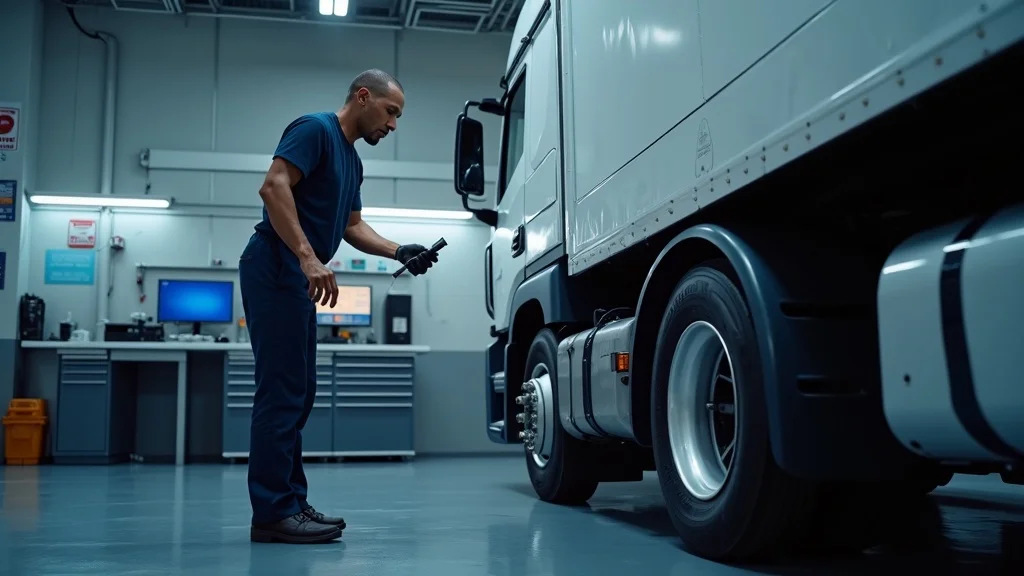
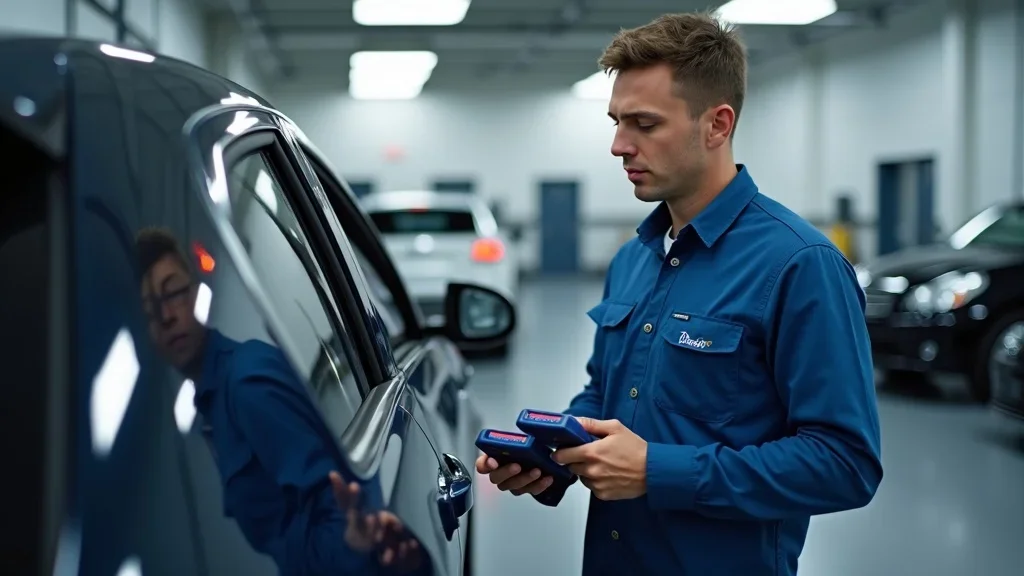
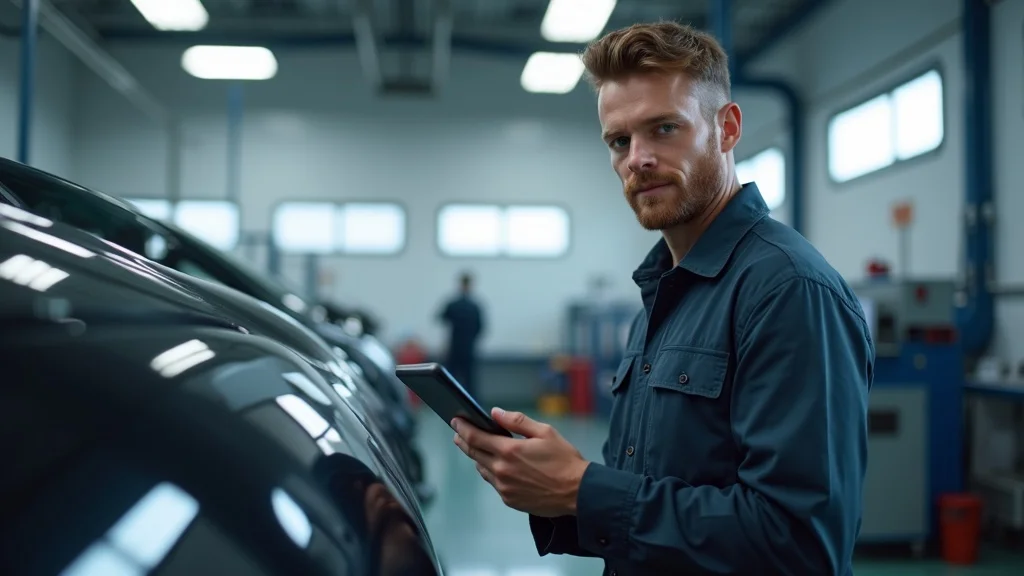
Write A Comment